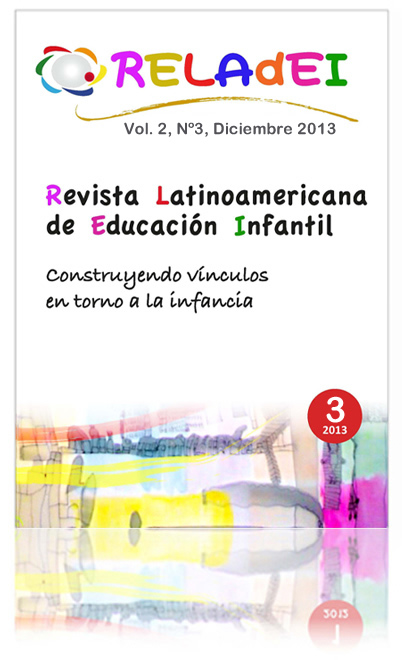Systemic Pedagogy: an education, based on balance, order and bonds
Main Article Content
Abstract
This article addresses the main contributions that the “New Systemic Pedagogy”, based on Bert Hellinger´s systemic-phenomenological and transgenerational model, offers us to build a more effective education, able to face the great challenges of the 21st century.
The purpose of this article is to present the conceptual basis of this pedagogy and its various applications to different areas of the school as an institution, with particular attention to the field of early childhood education. It will address three main sections: (a) the concept and characteristics of Systemic Pedagogy; (b) the basic and systemic laws or “orders of love” and their usefulness for the study of the organization and operation of schools; and (c) the generational dimension which characterizes this model, composed of three large and complementary sub-dimensions -intragenerational, intergenerational and transgenerational-. In each section we analyze the potential applications of these ideas to the analysis and understanding of the schools, as well as to the design of interventions to improve them.
Keywords:
Article Details
Most read articles by the same author(s)
- Quintín Álvarez Núñez, Non-verbal communication in the teachinglearning process: the role of the teacher , Innovación educativa: No 22 (2012)


